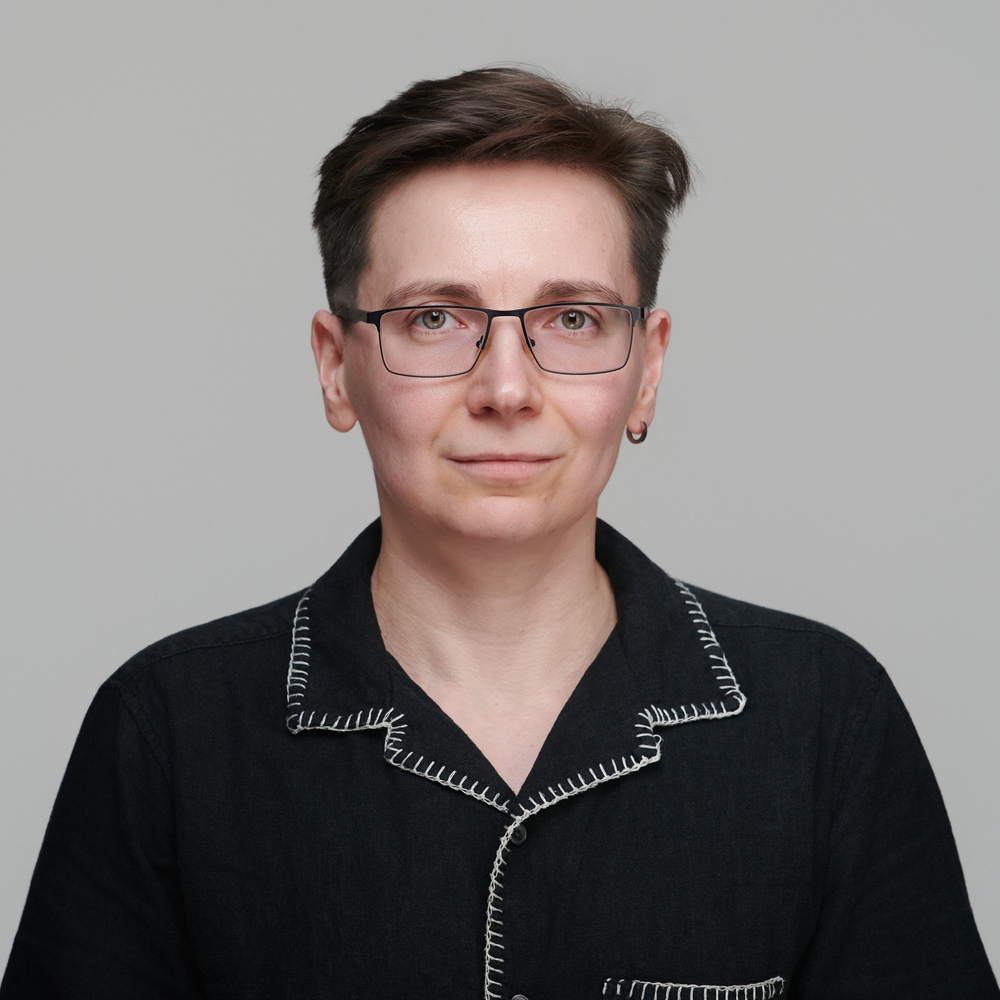Hi, my name is Masha (Maria) Esipova (any pronouns). I am currently a Lecturer (tenure-track) at the Department of English Literature and Linguistics at Bar-Ilan University. Previously, I was a Postdoctoral Researcher in linguistics at the University of Konstanz (2022–2023), a Marie Skłodowska-Curie Fellow (PI of EU project 891493 “GeMeTIC”) at the University of Oslo (2020–2022) and a Postdoctoral Research Associate and Lecturer at Princeton University (2019–2020). I hold a PhD in linguistics from New York University (2019).
My primary specialization is in formal semantics and pragmatics, with additional solid background in syntax and intonational phonology, as I have a profound interest in how meaning composition and expression are situated within a larger architecture of grammar. Recently, I have been working a lot on prosody–syntax–semantics–pragmatics of different types of questions and responses, exclamatives, and related utterance types. Besides that, much of my recent work has focused on performative meaning, i.e., meaning that is intrinsically linked to the act of producing a certain form (e.g., expressing one's immediate emotions by uttering words like damn) and, thus, cannot be recovered during ellipsis/anaphora resolution and does not lend itself well to modeling in terms of truth conditions. Within truth-conditional meaning, I have also worked extensively on various aspects of the at-issue vs. not-at-issue distinction. In addition, I am interested in the syntax–semantics–pragmatics of event and situation descriptions and in meaning–form mappings beyond language (e.g., pictorial representations, video editing, and athletic movement).
When working on a specific topic, I systematically look at how the relevant meaning is expressed via various channels (e.g., for spoken language: strings of segments, prosody, hand and body gestures, facial expressions, etc.). By doing so, I acknowledge that we can combine conventionalized and non-conventionalized meaning–form mappings, where the form can in principle have any physical manifestation, within a single coherent compositional structure, and I aim to investigate both channel-independent universals of meaning composition as well as channel-specific constraints on meaning expression. Regarding specific empirical methods, I have ample experience designing and implementing web-based experimental studies, and I also frequently draw on naturally occurring data to guide my empirical inquiry. In terms of specific languages, my research relies primarily on data from English and Russian, with occasional inclusions from other languages. In my pre-PhD years, I also worked on Russian Sign Language, and I maintain an interest in signed languages.

